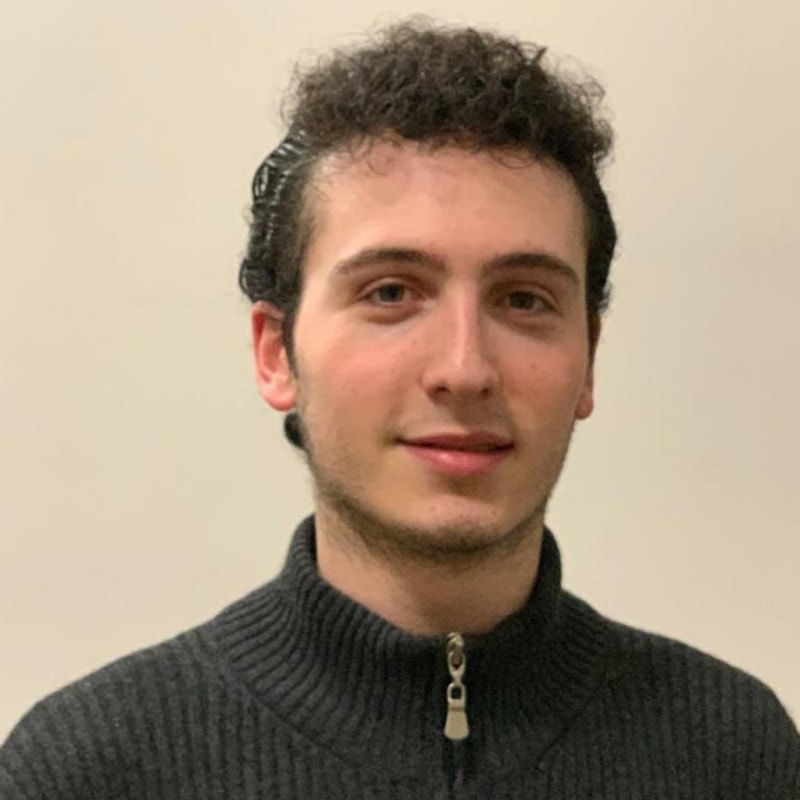|
We are all motivated and inspired by fundamental human needs, affecting our place in the world and our relation with our communities. Following the key teaching of American educator Stephen Covey, that ‘now that you have air, survival doesn’t motivate you’, and so that we are driven not so much by what we already have but what we instead need and lack, I look at the participation and connection that refugees in Ipswich want to build with local communities. These are two fundamental human needs that unsurprisingly play an important role in refugees’ processes of integration. Living in a new and different place, they will want to maintain old relationships but also nurture new connections. And, based on these connections, they will want to feel fulfilled by playing a part in their new society.
I have chosen to highlight refugee experiences in a single area (Ipswich) because this allows me to take a more intimate approach to the story. After offering some contextual information about the political treatment of refugees in the UK, I briefly explain the special position of a place like Ipswich. Then, my focus turns onto presenting a couple cases of integration that tell the human story of the refugee experience, and of the importance of creating connections and feeling a purpose through participation. POLITICAL AND LEGAL CONTEXT: The current political climate in the UK may be leading to a drastic change in the understanding and treatment of refugees. At present, most refugees arriving in Britain have to do so by irregular means, as stated by organisations such as Amnesty International and the Refugee Council. This is because the few settlement schemes that the UK government has in place, such as the Mandate Resettlement Scheme or the UK Resettlement Scheme, are accessible to just a minority of refugees, those coming from areas of ongoing conflict (like Ukraine) and those with family members already legally in the UK. The change to policy which the Home Office is proposing, through Suella Braverman’s Illegal Migration Bill, cracks down on these irregular arrivals, which are projected to be 80,000 in 2023. However, this government position has come under attack both from within the party and from service-providing charities. It is meaningful how these criticisms have revolved around the Bill’s inability to consider the refugees’ needs for connection and participation. Suffolk Refugee Support, an independent charity based in Ipswich, stresses how refugees making these irregular journeys only do so because they have no better choice, but how once they are in the UK they keenly participate in social and cultural life, becoming ‘British citizens, doctors, carers, community leaders.’ IPSWICH AS TOWN OF SANCTUARY: Ipswich may not be one of the UK’s largest or busiest towns, but it stands in a crucial and to some extent unique position in the work done by governmental and local authorities with those under refugee status. What matters here is that Ipswich’s work to offer refugees support is part of a process lasting over ten years, and this process takes two forms. Firstly, Ipswich supports the majority of Suffolk’s refugee community, as has been the case since the agreement with the government to take 200 Syrian refugees between 2015 and 2020. Secondly, since 2012 Ipswich has been an elected ‘Town of Sanctuary’ for refugees, trying to offer comprehensive support to its refugee groups with a task group including all sectors of local authorities. Focusing on Ipswich allows for a personal portrayal of refugee integration in a town that has been at the core of the UK refugee experience. INTEGRATION THROUGH THE HUMAN NEEDS PERSPECTIVE: At this point, we have seen two main aspects of the question. We have seen how contemporary political developments about the legal status of refugees risk to ignore their human needs, and so ignore what they would bring to UK society in terms of connections and participation, and we have seen the specific role and position of Ipswich within this conversation. Dr Kenneth Acha, a key voice in the development of our current understanding of the seven basic human categories of need, looks at connection as ‘the need for friends and the need to give and receive love’. The story of Abed and his wife G., Syrian refugees who came to Ipswich in 2016, suggests that refugees’ experiences are shaped by the extent to which they manage to build positive connections with other groups or individuals. Their children thrive in school because they have had the time to foster friendships in the classroom, and Abed and G. themselves enjoy Ipswich because initiatives like the community garden Abed worked on for a period make them feel connected to locals and to other refugees in Ipswich alike. All this is important because, as Abed explains, the situation in Syria has meant he has lost multiple family members and his extended family has been scattered throughout Europe. New emotional connections help refugees feel at home in new settings. Connection is, of course, a two-way street. The local community in Ipswich has presented itself as an ally for incoming refugees and has opposed instances of hostility directed at them. A recent example of this is a demonstration held outside of Ipswich’s Novotel migrant hotel on the weekend of 18-19 March. 30 anti-refugee protesters were met by 100 pro-refugee demonstrators, who were described in the police report as entirely peaceful. A noteworthy presence in pro-refugee ranks was Margaret Bulaitis, president of Ipswich Trades Union Council, who stated the majority of Ipswich’s population wanted to do all they can to welcome and support refugees. This mutual push for human connection speeds up and strengthens the overall process of integration. Beyond this, refugees want to participate in what happens in their local community in a way that both makes them feel they are giving back, and that gives them a personal sense of purpose. Approaching the question of integration through the perspective of participation first of all shows some of the difficulties refugees can encounter. BBC interviews of inhabitants of the Novotel migrant hotel in Ipswich in November 2022 show this dynamic. Kamal, from Afghanistan, and an unnamed refugee from Iran talk about the comforts of the hotel, yet worry about whether or not they will be able to put their skill sets to use in England. The Iranian refugee, trained as an architect, views participation in society through one’s skills and feeling ‘part of the society’ as heavily connected ideas. Indeed, participation in local cultural or social activity seems to virtually go hand-in-hand with a smooth process of refugee integration. Local media, such as the Ipswich Star, repeatedly captures these developments at the personal level. It writes of Alona and Yelizaveta, two Ukrainian refugees in Ipswich since early March 2022 who began working with refugee services as soon as their new lives gained a degree of stability, offering advice and practical help to others fleeing war-torn or unstable countries. It also writes of Farman Ahmed Abulwahid, an Iraqi journalist whose dissenting views meant he had to escape Iraq and come to England. For Farman, integration meant gaining the freedom to pursue his journalistic interests, which he now does through his YouTube channel, and participating in cross-cultural learning and activity through community hubs like The Hive in Ipswich, on Norwich Road. Friendships that develop here, like that between Farman and Ramin Sayadi, result in exciting professional relationships and work experiences. CLOSING THOUGHTS: Integration is a multi-faceted process that goes differently for every member of a refugee community. However, keeping in mind the political and legal developments regarding refugee status that might come into effect in the near future, I think there is much value in reflecting on how integration is shaped by the basic human needs of refugees. Exploring how members of refugee communities look to create connections with others and look to get an active role in their new societies tells us much about the ways in which they become integral parts of UK communities, and their impact as a result of this.
0 Comments
|
Author
Cosimo is a second year History student at Oxford University. He researched and wrote this article as part of the Oxford University Micro Internship programme.
|

 RSS Feed
RSS Feed

